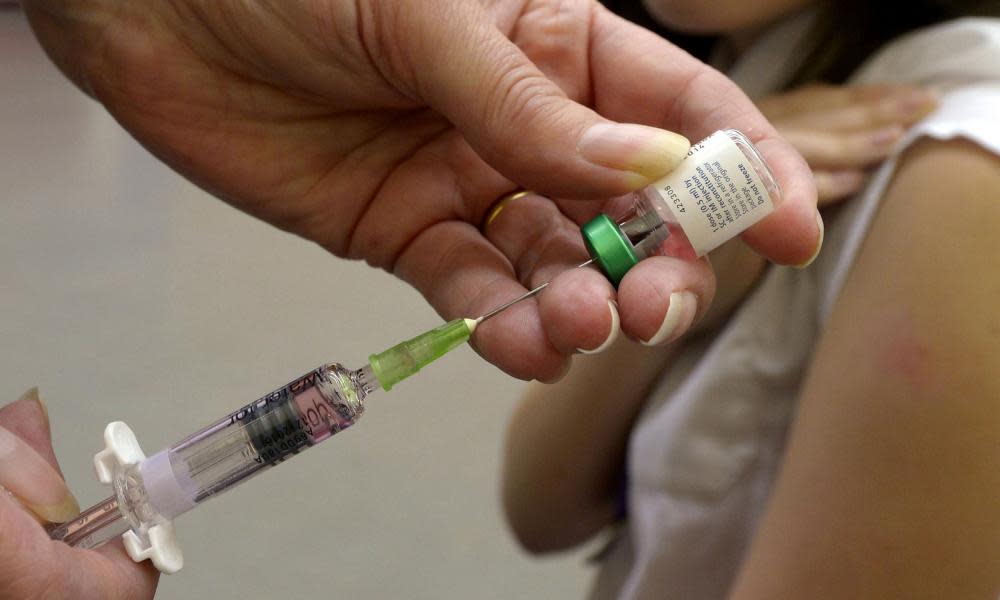Surge in measles cases prompts warning to GPs

A huge rise in measles cases has been recorded in England this year, with experts warning GPs to be on their guard against the disease.
According to Public Health England there were 274 confirmed cases of measles in England in 2017. However, between 1 January and 2 July this year there have already been 738, of which 262 were in London.
Now public health experts have urged GPs to brush up on spotting vulnerable individuals, identifying the disease, offering the MMR vaccine and managing cases, stressing that doctors on the NHS front line have a key role to play in keeping measles under control.
“Since the beginning of this year we have seen a steep increase in the number of measles cases all over England and we are very keen to make sure that all GPs are aware, because that is where most patients are going to present,” said Vanessa Saliba, co-author of the editorial from the National Infection Service at PHE.
PHE says the rise in cases is largely down to measles being brought back by individuals travelling to and from Europe where there are large outbreaks – a situation that has been linked to low rates of immunisation against the disease in many countries. As a result, PHE has declared a national measles incident, they said.
Saliba added that while measles is often considered a childhood illness, doctors should note that many of the cases in England have been in teenagers or young adults, and that this group is at risk since many have not had two doses of the MMR vaccine as a result of a fall in uptake in the early 2000s. The drop has been linked to the impact of comments by the disgraced former doctor Andrew Wakefield who claimed the vaccine is linked to autism – a view that has been debunked.
What’s more, Saliba said, the rates of complication are higher in young adults, with about 40% of those infected taken to hospital.
Saliba stressed that measles can be serious, resulting in inflammation of the lungs or brain which can have lasting consequences. “If you are pregnant and you are exposed to measles there is a risk to baby and [mother],” she added.
But vaccination does not just protect the individual who has the jab: so called herd immunity – achieved when a population is highly immunised – protects those who are vulnerable, such as babies under the age of one and those who are immunocompromised, and prevents the disease from spreading.
Writing in the British Journal of General Practice, Saliba and colleagues say PHE should be notified of all suspected measles cases as soon as possible, since the disease is highly contagious.
They also stress the importance of identifying contacts of individuals with measles so that they can be given preventive treatments including the MMR vaccination.
Last year the World Health Organisation said measles had been eliminated in the UK, based on it not having swept through the population for three years, with 95% of children aged five years now vaccinated with the first dose.
However it was pointed out that did not mean the disease had been completely eradicated, and that there are still clusters of cases.
Prof Helen Stokes-Lampard, chair of the Royal College of GPs, said: “This is so disheartening when we consider how close we came to completely eradicating this unpleasant infectious illness and achieving medicine’s ultimate goal of confining this awful disease to the history books.”
“We ask all parents to do the right thing, including when returning from abroad, and have their children vaccinated according to the latest vaccination guidelines in the best interests of their own health and so that we stand the best chance of permanently eradicating measles in the future.”

 Yahoo News
Yahoo News 
